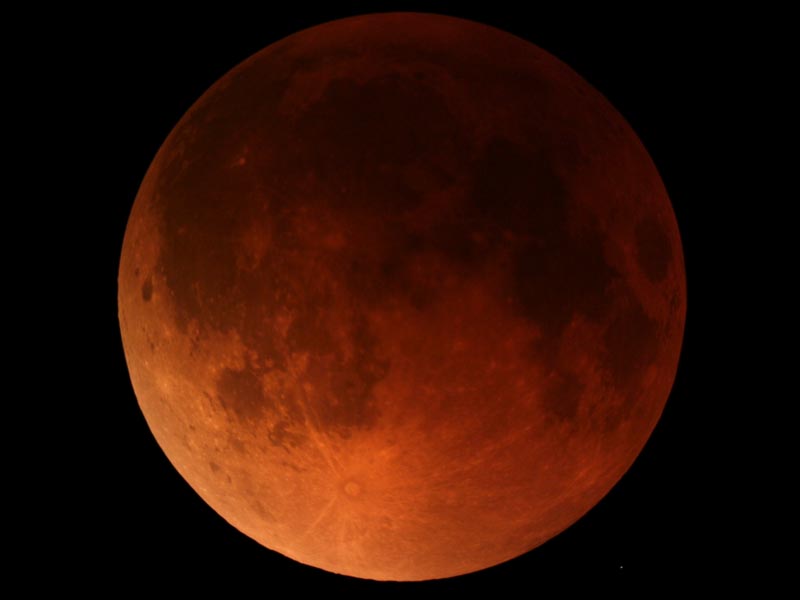___________________________________________________________________________________
Hot, hot, hot, hot stuff
hot, hot, hot
hot, hot, hot, hot stuff
hot, hot, hot
– from “Hot Stuff”, by Donna Summer (1979). I refer to not only the physics but the c. 100 oF temperatures we’ve been having here every day recently.
___________________________________________________________________________________
On my way back from the conference, I spotted this book (left) last Saturday in Foyles (the booksellers) in London 1.  It is a collection of reprints of a lot of the papers forming the foundations of the physics of the quark-gluon plasma (QGP) idea, going back the early to mid 1970s with such papers as Collins and Perry (Gosh, I had no idea Malcolm was one of the early workers on this idea. He’s much more thought of as associated with black holes, gravity, strings and so forth, ideas which – ironically – have recently turned out to be relevant to the discussions of the physics too. See my recent post, and there are also various popular articles to be found2).
It is a collection of reprints of a lot of the papers forming the foundations of the physics of the quark-gluon plasma (QGP) idea, going back the early to mid 1970s with such papers as Collins and Perry (Gosh, I had no idea Malcolm was one of the early workers on this idea. He’s much more thought of as associated with black holes, gravity, strings and so forth, ideas which – ironically – have recently turned out to be relevant to the discussions of the physics too. See my recent post, and there are also various popular articles to be found2).
Putting aside the usual ridiculous price that Springer Elsevier charges for books, I found myself in two minds about this book, in view of the surprises being uncovered about the properties of this remarkable state of matter at the RHIC experiment. Is this collection of early papers a useful working tool, or is it now just of historical interest, since many of the basic expectations about the properties of the plasma seem now to be incorrect?
 Well, after a bit of thought, I decided that the latter view would be way too hasty. First and foremost, on a general level, even if some of the computations in some papers were done in the “wrong” light (it’s a strongly coupled liquid that flows, not a weakly coupled gas of quarks and gluons), much of their content will still be useful in many ways – good and correct calculations last for all time, it is the sense of the words decorating them that may crumble over time. More specifically, one can worry about whether there were assumptions (and approximations based on those) that went into the computations that will render […] Click to continue reading this post →
Well, after a bit of thought, I decided that the latter view would be way too hasty. First and foremost, on a general level, even if some of the computations in some papers were done in the “wrong” light (it’s a strongly coupled liquid that flows, not a weakly coupled gas of quarks and gluons), much of their content will still be useful in many ways – good and correct calculations last for all time, it is the sense of the words decorating them that may crumble over time. More specifically, one can worry about whether there were assumptions (and approximations based on those) that went into the computations that will render […] Click to continue reading this post →





